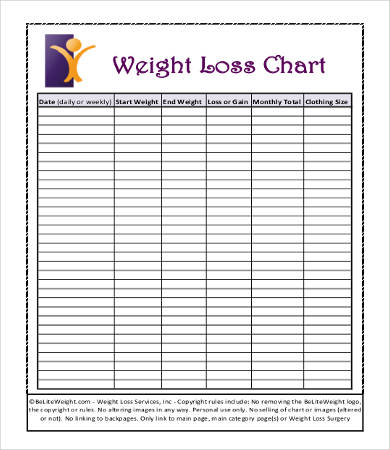This website uses cookies, and also collects some information using Google Analytics. Results from a series of three studies testing actual consumption in a laboratory setting provide evidence that consumption decreases when consumers are eating or drinking a sustainable product. Even though taste perceptions were equivalent for traditional and sustainable food products, people consumed less of the food product when it was simply presented as sustainable. For example, when given the same kettle-cooked potato chips, participants in the experiment ate less when they were given information about the sustainability of the snack instead of about its quality. These findings suggest that sustainable foods may offer immediate health benefits to consumers because excessive indulgence may be curbed by a diet focused on sustainable foods.

Table 1 demonstrates the average daily consumption of different food and beverage items. Table 2 shows the food and beverage consumption of men and women. Non-adjusted consumption of fruit, red meat, other processed foods, eggs and SSB was statistically higher in men than women, while yoghurt and cheese consumption was higher in women than men. Daily consumption of fruits and vegetables was reported by 10.8 (se 0.4) % and 25.9 (se 0.6) %, respectively, and 27.0 (se 0.7) % reported daily drinking of SSB.
No comments:
Post a Comment